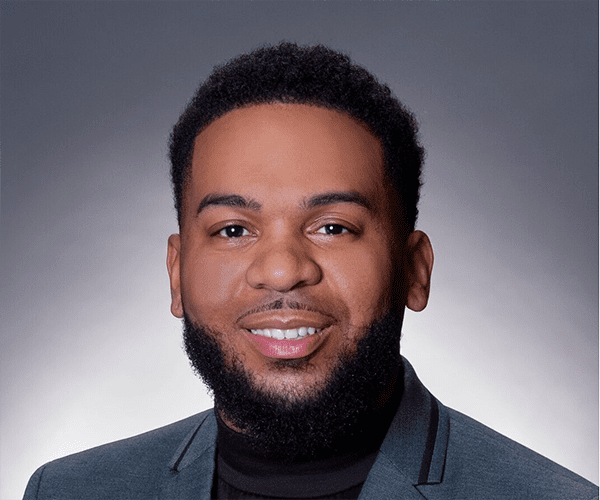OP-ED: Investing in Louisiana’s Earliest Learners: A Clear Path to Academic and Economic Prosperity
As we confront our education system’s challenges, early care and education emerge as cost-effective and compelling solutions.

This op-ed was originally published in BIZ Magazine on February 27, 2024
In 2022, Louisiana celebrated a noteworthy achievement: leading the nation in reading gains for fourth graders. This success was attributed to the state’s emphasis on the science of reading and literacy reforms. That success over other states blurs the troubling reality that remains – over half of our young students in kindergarten through third grade still fall short of meeting literacy benchmarks, with a staggering 70% of kindergarteners entering school below expected reading levels. This harsh reality underscores a fundamental truth: when students start behind, the odds of catching up diminish significantly. As a state, we must do more for students before age four to truly ensure long-term academic, socioemotional, and economic success.
In response to this pressing issue, Louisiana legislators have taken steps to address K-3 literacy rates, including passing laws adopting reforms that emphasize phonics and early screenings for children who struggle. We know that 3rd grade is a pivotal year for students because once they enter 4th grade, they are no longer learning to read but reading to learn. Although there’s reason to believe that these policies could positively impact literacy rates for students, there is another window of opportunity that exists long before children even set foot in a classroom.
Research shows that a staggering 90% of brain development occurs before the age of four, and we must take advantage of this crucial window with accessible, high-quality early childcare and childhood education (ECE) programs. Children who have access to effective ECE programs and trusted caregivers are far more likely to enter kindergarten prepared to thrive academically, which sets off a positive chain reaction: well-prepared kindergarteners are more likely to meet grade-level expectations by third grade, and students who achieve reading proficiency by this critical milestone are statistically more likely to graduate from high school and achieve success in their adulthood.
I’ve personally seen the impact ECE programs can have on a student’s academic and socioemotional well-being and the financial impacts it can have on Louisiana families. As a former educator who received high-quality ECE, I know the difference it had on my life and my ability to navigate my own learning. I still vividly remember my ECE Programming at places like Alsen Head Start. Proper ECE training goes a long way to setting a solid foundation for learning.
The benefits of ECE extend beyond the realm of education. Parents, especially student parents, are currently confronting the nation’s two fastest-growing expenditures: childcare and college costs. A November 2022 Policy Institute and University of Louisiana study found parent absences from work, attributed to a lack of childcare, cost the Louisiana economy $1.3 billion annually in work absences and the turnover that occurs when parent employees cannot keep their jobs. Investing in affordable early care and education not only empowers parents to pursue their own educational or career aspirations but also bolsters workforce participation and economic stability.
The effects of high-quality early care and education also extend beyond the immediate academic impacts. Every dollar invested in early education yields a remarkable 13% return, thanks to savings from reduced need for remedial education, health care services, and social support throughout a child’s life.
This is why the allure of affordable and high-quality early care and education lies in its dual impact: it delivers both immediate and long-term benefits, not just for the young children enrolled in the program, but for their parents, who can more consistently attend work or college, setting them up for long-term economic success. If we are genuinely committed to reforming our education system, breaking the cycle of generational poverty, and helping families recover from pandemic losses, early intervention must be prioritized. We can learn from other states implementing and investing in high-impact ECE programs, such as Minnesota.
As we confront our education system’s challenges, early care and education emerge as cost-effective and compelling solutions. By wisely implementing and investing in high-quality ECE today, we can lay the groundwork for a brighter future for Louisiana’s children for generations to come. It’s time to seize this opportunity and invest in the future of our state. We need to continue investing in seats for our earliest learners and build on that momentum for years to come.
Tramelle Howard is the Louisiana State Director of The Education Trust